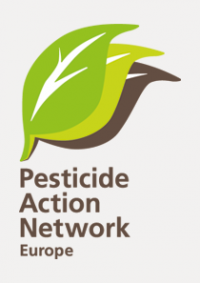Under Regulation (EU) 1107/2009, active substances that are the most hazardous to human health or the environment are approved as candidates for substitution. In addition to being approved for a maximum period of seven years, these substances can only be authorised in pesticide products by Member States when a comparative assessment has shown that they cannot be substituted with safer alternatives. Comparative assessment, in line with Article 50, is a legal requirement for all Member States since 1 August 2015.
Yet, none of the candidates for substitution have been substituted with a non-chemical alternative since 2015. Instead, recent studies showed that European citizens, including the most vulnerable groups, remain significantly exposed to the EU's most hazardous pesticides, whether through their food or in their environment. In 2020, as part of its Farm to Fork Strategy, the Commission has proposed to cut by 50% the use of the most dangerous pesticides containing candidates for substitution by 2030.
In this context, our organisation Pesticide Action Network (PAN) Europe has undertaken long-term research on the drivers of the persistent presence of candidates for substitution on the European market. In this context, we have analysed how comparative evaluation was carried out by different Member States, and the materials on which they rely. Many of our findings were published in a report in September this year. This position paper reiterates and complements them. These recommendations are intended to help the Commission to finally live up to its REFIT commitment to improve the efficiency of comparative assessment procedures; ensuring thereby that the substitution principle delivers its full potential, in terms of risk reduction for human health and the environment and sustainable crop protection’s promotion, in the implementation of the Farm to Fork strategy.
